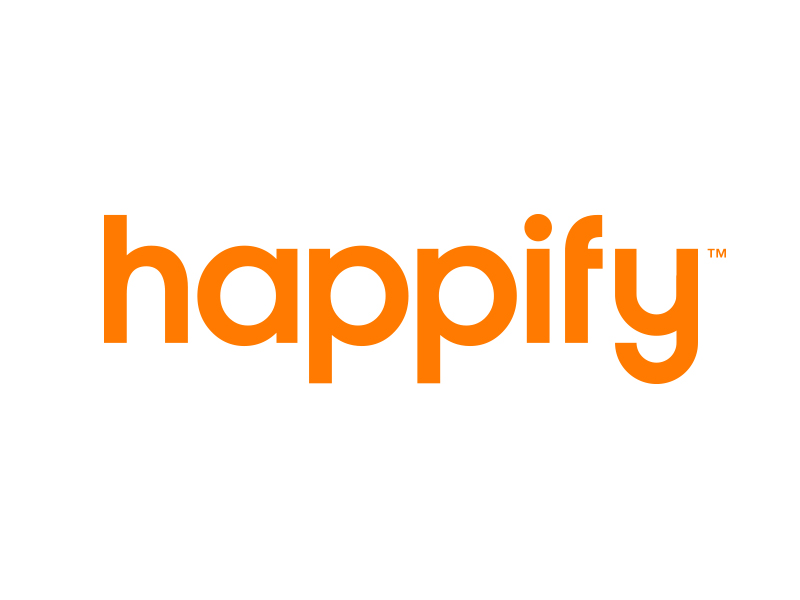Happify, in partnership with the Sorenson Center for Discovery & Innovation at The University of Utah David Eccles School of Business, will sponsor the Mental Wellbeing Challenge in the 2017 Games4Health Challenge, the largest game-design competition of its kind.
In the Games4Health Challenge, contestants exercise their creativity by designing a game or app that promotes improvements in people’s health and wellbeing. Drawing participation and support from around the globe, the Games4Health Challenge brings together students, health experts, donors, investors and researchers who are committed to making positive change.
The Mental Wellbeing Challenge is one of six sponsored challenges featured in this year’s annual competition, which includes a virtual reality challenge. Games4Health also gives participants an opportunity to experience innovation and entrepreneurship while making a difference in people’s lives.
By embracing the use of various digital technologies, doctors, nurses and other healthcare professionals can deliver novel and high value-added experiences to patients in both clinical and non- clinical environments. Existing and emerging digital technologies can help healthcare professionals achieve the triple-aim of healthcare: high quality and affordable services with ubiquitous access. In the Mental Wellbeing Challenge, students will design apps and games that promote improvements in an individual’s mental and emotional health. Happify particularly wants to motivate students to marry empirical evidence with cutting-edge user engagement strategies.
“We’re eager to see all ideas,” said Happify co-founder and president, Ofer Leidner, “but are especially interested in seeing games and features that focus on gratitude, empathy and/or kindness. We’re also interested in entries that utilize data drawn from sensors in smartphones to make customized recommendations to users: Data such as location, exercise levels or how mood is affected by conversations and interactions.”
Mr. Leidner will also be the keynote speaker at the Games4Health Challenge gala awards dinner.
Chris Wasden, executive director of the Sorenson Center, said “students have a passion for creativity, gaming and finding ways to apply this to age-old problems like working toward better health. These students are digital natives and are the first generation to have grown up on games and apps. They therefore have a native ability to apply their native capabilities to solve health problems such as fitness.”
Games4Health Challenge
The Games4Health Challenge attracts participants from worldwide university campuses. Last year, more than 300 contestants from 71 different universities in 12 countries vied for first-, second- and third-place prizes.
“We hope to more than double the level of participation this year and — thanks to our sponsors — will award $60,000 in prize money. This year Samsung S-Health will also award a $10,000 Super Category Challenge prize to the best overall digital health entry,” Wasden said.
“The University of Utah has the number-one ranked video game development graduate school in the country and the number-15 graduate entrepreneurial program at the Eccles School, as well as a top 10 medical school,” Wasden said. “The trifecta makes this the ideal place to sponsor this event.”
The Games4Health Challenge Arcade showcase and gala awards dinner will be held on March 30 at the University of Utah’s Ray Olpin Student Union ballroom. For more information, visit: http://g4hutah.com/.
About Happify
Happify is a New York City-based company delivering evidence-based interventions for emotional, behavioral and mental health and wellbeing in highly engaging digital formats. Co-founded by Tomer Ben-Kiki, Ofer Leidner and Andy Parsons, Happify provides programs, activities and exercises based on decades of scientific research in the fields of positive psychology, CBT and mindfulness. Happify offers free and paid subscription memberships for consumers and business solutions for corporate and enterprise markets.
About The Games4Health Challenge
The Games4Health Challenge is an annual collaboration of the Sorenson Center for Discovery & Innovation at the David Eccles School of Business, the Entertainment Arts and Engineering Program (an interdisciplinary program between the College of Engineering and the College of Fine Arts), and the Center for Medical Innovation at the University of Utah Medical School.
About Sorenson Center for Discovery & Innovation
The Sorenson Center for Discovery & Innovation provides experiential learning for students from across the University of Utah to help them develop their creative genius. The Center’s d3i Labs Consulting Experience Program provides student associates with opportunities to help client organizations innovate their technologies and business models. The Center also helps mentor and coach students with their own inventions, innovations and ventures, and provides educational programs and courses in innovation and technology strategy. The Center also runs challenges such as the Games4Health Challenge to help promote creativity and innovation.
About Entertainment Arts and Engineering
Entertainment Arts & Engineering is the overarching term we use to describe the interdisciplinary work between The University of Utah College of Engineering and the College of Fine Arts. This work encompasses the wide array of fields in video game design and development, and students from both colleges work closely together throughout their academic careers. This partnership between disciplines reflects the current state of the interactive entertainment business world, and our students leave the program prepared to work effectively in a team environment. The Entertainment Arts & Engineering program is offered at both the undergraduate and graduate level.
About Center for Medical Innovation
Fueled by a collaborative effort between The University of Utah Health Sciences Center, the David Eccles School of Business, the College of Engineering and the Technology Venture Development Program, the Center for Medical Innovation combines formal education programs, faculty and student project development and support and facilitation of device development and commercialization. The Center creates a one-stop-shop environment that assists both the novice and experienced innovator through ideation, concept generation, intellectual property, market analysis, prototyping and testing, business plan development, and commercialization.

